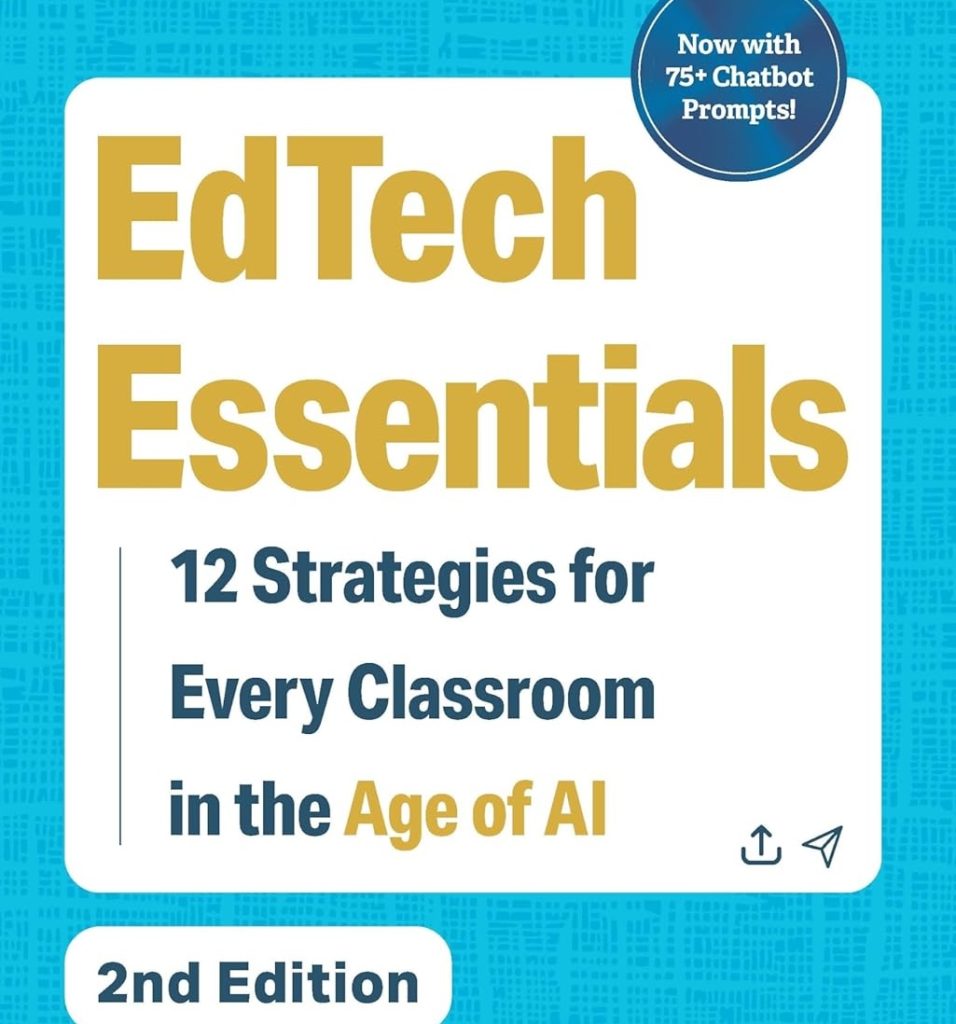
You are walking through a museum after closing time, peering into room after room.
You might be planning a heist. Or, you might be executing a heist.
Does that distinction — “planning” vs. “executing” — influence your memories of what you see and learn?
According to recent research: yup.*
Here’s the story…
Bring in the Big Words
Research isn’t research unless we use fancy latinate words to name things. So, let’s get that done:
This study’s authors posit a difference between motivational states: interrogative vs. imperative. (I’m sorry that those words are so alike; don’t shoot the messenger.)
According to this study, interrogative motivation links to
“broad attention and expansive information-seeking, which supports learning associations, developing cognitive maps, and, putatively, attaining future goals.”
That sounds REALLY GOOD, doesn’t it?
On the other hand, imperative motivation comes from a
“salient, urgent goal, yielding restricted information-seeking and memory that efficiently represents predictors of the imperative goal.”
So, this second motivation state focuses on predictors of the urgent (“imperative”) goal…but restricts memory more broadly.
For that reason, it’s not necessarily a bad motivational state — we want students to succeed at urgent goals! But it certainly sounds less aligned with most teaching and learning goals than the “broad attention and expansive information seeking” prompted by interrogative motivation.
So there we have it:
Interrogative = curious exploring to benefit future tasks
Imperative = urgent focus on current tasks
Let’s Get Thieving
Having established this distinction — interrogative vs. imperative — the researchers tested their idea with the museum heist story described above.
As you no doubt can see, people in the process of stealing paintings have a “salient, urgent goal”: steal the most valuable ones right now. That is: they’re in an imperative motivational state.
Those planning to steal paintings also want to get the good stuff; however, they have more time to explore, inquire, and double-check. They’re in an interrogative motivational state. (I am, of course, speaking from my own extensive experience of stealing from museums.)
So: does this cover story make any difference for the participants? According to the researchers’ (complex!) findings:
In the short term, those in an imperative motivational state (“steal now!”) did better — they stole more valuable paintings.
In the longer term — the next day — those in an interrogative motivational state (“plan now, steal later!”) REMEMBERED more of the paintings, and the information about them.
Cool, no?
Teaching Implications
At this moment, I’m switching from research summary to teacherly imagination. That is: the researchers don’t make the specific claims that I’m about to suggest.
But:
It seems to me helpful to remember that the narrative frameworks we offer our students matter.
If we tell them they’re learning this topic because THEY NEED TO DO SOMETHING IMPORTANT WITH IT RIGHT NOW, that imperative state will — sure enough — focus them on the most salient details.
And, if we tell they they’re learning the topic because THOUGHTFUL EXPLORATION WILL BENEFIT THEM DOWN THE ROAD, they’ll take more time to meander, explore, and muse. And: they’ll remember more.
Now — at times — that first strategy just might be the right one.
But I suspect that, more often, we want students to stroll through the museum and take it all in. That is: our students probably benefit from an interrogative motivational state more often than an imperative one — although imperative states also have occasional benefits.
Once More with the Caveats
Long-time readers know that I just have to add caveats.
First: this study is VERY new — published in mid 2023. I’ve looked at my standard resources (scite.ai, connectedpapers.com) and found literally NO related research.
In other words: this research approach is so new that others in the field haven’t had much time to process it officially yet.
Second: I think the research task might limit the applicability of the findings.
That is: “planning a museum heist” sounds cool/fun/intriguing — well, at least to me. So, I suspect the zest of the task might shape motivational states.
Will the distinction between “imperative” and “interrogative” motivation matter when the students are studying … say … finding the area under a curve?
Or: Boyle’s law?
Or: diphthongs, the subjunctive, and the infield fly rule?
We don’t know yet, because we haven’t researched this strategy in classrooms. (At least: as far as I know.)
TL;DR
Students use and remember information differently depending on the motivational framework they’re in.
When doing work framed as “urgent/imperative,” they focus on success critera (good!) but don’t remember much else (potentially bad!).
When doing work framed as “useful for the future,” they focus less on immediate success (potentially bad), but remember more information later (good!).
Teachers might (might!) be able to use this distinction in guiding our own students’ work.
* This research study is behind a paywall; my write-up is based on a pre-print. I’d be surprised if the differences between the draft I read and the final version mattered, but it’s possible.
Sinclair, A. H., Wang, Y. C., & Adcock, R. A. (2023). Instructed motivational states bias reinforcement learning and memory formation. Proceedings of the National Academy of Sciences, 120(31), e2304881120.






